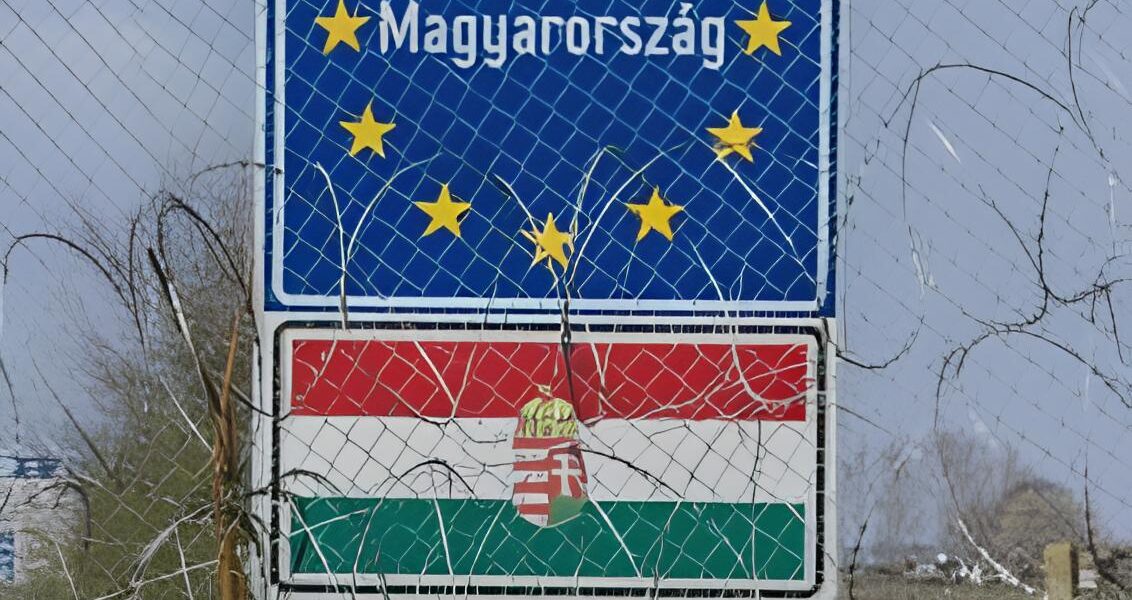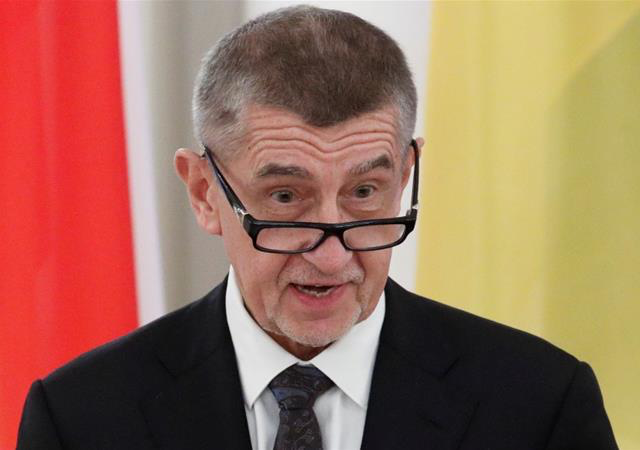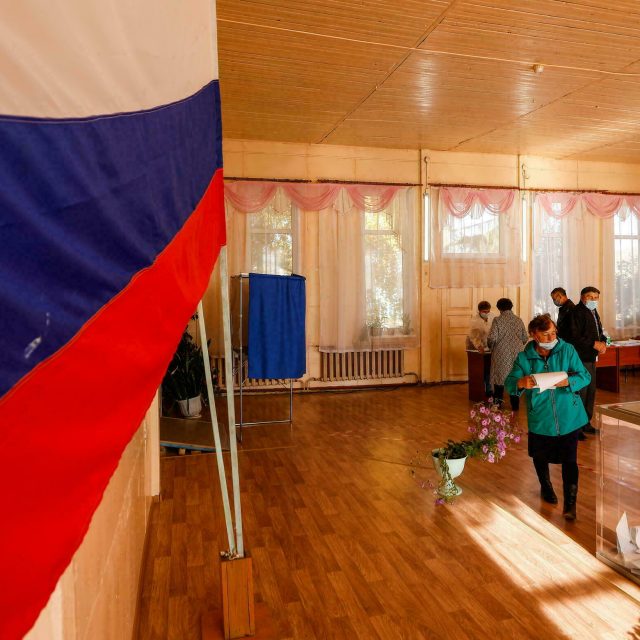In recent years, relations between Russia and the European Union have become markedly strained. Against the backdrop of tensions related to the annexation of Crimea, Russia’s full-scale invasion of Ukraine, and interference in electoral processes in a number of Western countries, the Kremlin has been actively developing a strategy to influence and undermine EU unity. One of the most visible aspects of this strategy is Russia’s exploitation of weaknesses in the EU’s political and economic structure to advance its interests. In this context, Hungary has attracted particular attention, becoming a kind of loophole for the Kremlin’s spies and agents.
Hungary has been a member of the European Union since 2004 but has recently increasingly demonstrated behaviour at odds with the bloc’s common positions. Prime Minister Viktor Orbán and his Fidesz party have adopted a Eurosceptic stance and are forging closer ties with Russia. Despite EU sanctions against Russia, Budapest continues to develop economic and political connections with Moscow, raising serious concerns among other EU countries.
Economic relations between Hungary and Russia also play an important role within this context. Russian investments and projects in Hungary, such as the enlargement of the Paks NPP with the participation of Rosatom Corporation, create an additional platform for espionage activity. Using commercial structures, Russia can covertly finance its agents and establish the necessary connections to promote its interests in the EU.
The Paks Nuclear Power Plant is the only operational nuclear power plant in Hungary. It was built according to Soviet design and currently operates four VVER-440 reactors. The further development of Paks includes the construction of two new VVER-1200 reactors, which will increase its capacity. These new reactors will be built as part of the Paks II project, implemented with the involvement of the Russian state corporation Rosatom. Rosatom is responsible for the design, construction, and commissioning of the new units. The project is partially funded by a loan from Russia. It is important to remember that Rosatom is directly involved in Russia’s armed aggression against Ukraine, with its employees also participating in the capture of the Chornobyl and Zaporizhzhia nuclear power plants.
Recently, Hungary decided to ease visa regulations for citizens of Russia and Belarus, arguing that this move aims to attract labour from these countries for the construction of the new nuclear power plant. This decision has sparked significant criticism across Europe. In particular, Manfred Weber, President of the European People’s Party, stated that such measures open “serious loopholes for espionage activities” and pose a “substantial threat to national security” for the EU. Weber has called on the European Council to take the strictest measures to protect the Schengen Zone and prevent similar initiatives from other EU member states.
The situation has escalated to the point where the EU leaders’ summit is considering the possibility of suspending Hungary’s participation in the Schengen Zone. This measure is unprecedented and will be discussed at the next EU leaders’ summit scheduled for October 2024. Weber is actively supporting the idea of imposing sanctions on Hungary, arguing that it is necessary to protect the security of all EU member states.
Currently, there is a petition circulating within the EU to support the suspension of the Schengen Agreement for Hungary. This step is part of a broader campaign aimed at preventing Hungary from becoming a channel for the infiltration of Russian agents into the EU. Over 70 members of the European Parliament have already signed a letter calling for Hungary’s suspension from the Schengen Zone due to the relaxation of visa rules for Russians and Belarusians. They demand an investigation and possible exclusion of Hungary from the Schengen Zone. Hungary is becoming a Trojan horse for Russia in the EU, providing Russian agents with opportunities for manoeuvre and infiltration into European structures.

Between 2022 and 2024, EU countries expelled a significant number of Russian diplomats suspected of espionage. In 2022 alone, over 600 Russian officials were expelled, approximately 400 of whom are considered spies. These measures were taken in response to Russia’s invasion of Ukraine and were aimed at limiting the Kremlin’s ability to conduct intelligence activities in Europe. Active expulsions were carried out in Germany, France, Poland, the Netherlands, the Baltic states, and others. In April 2023, Germany expelled around 30 Russian diplomats and closed four out of five Russian consulates in the country. Significant measures were also taken in Norway, Romania, Finland, and Moldova, where the number of Russian diplomatic staff was substantially reduced.
This mass expulsion of Russian diplomats has been the most significant blow to Russian intelligence services in Europe in recent years, significantly weakening Russia’s capabilities in this area. Given that many countries have actively expelled Russian diplomats and specialists suspected of espionage in recent years, the question arises: what next? Could Hungary, known for its pro-Russian stance, become a channel for restoring Russian espionage presence in Europe?
Hungary’s policy of rapprochement with Russia raises serious concerns among European countries. The easing of visa regulations for citizens of Russia and Belarus could lead to significant security threats, prompting the EU to consider measures to mitigate the impact of these actions. The possible suspension of Hungary from the Schengen Zone would be a significant step towards protecting European unity and security. More stringent measures are needed from the EU to prevent Hungary from being used as a base for espionage activities and to strengthen the collective security of the bloc.




